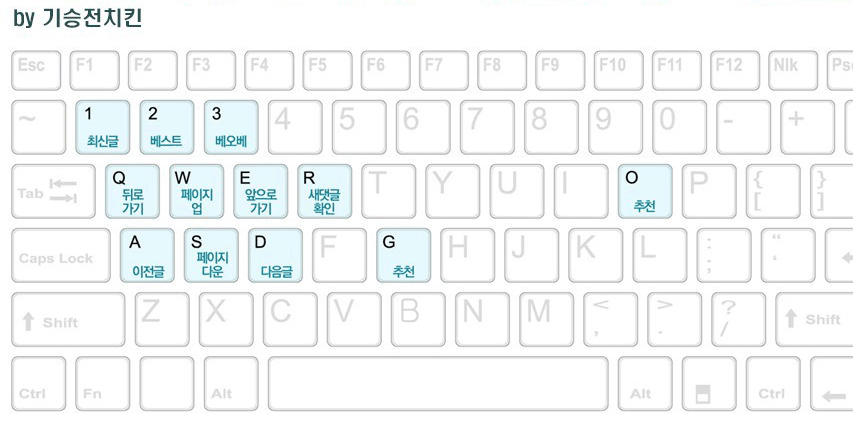Q&A: Cloned human embryos
People with heart conditions, Parkinson's, or spinal cord injuries could benefit
UK researchers have successfully made cloned human embryos, following in the steps of South Korean scientists who created 30 human embryo clones last year.
BBC News looks at the significance of the announcement.
What have the UK researchers done?
Professor Alison Murdoch and colleagues at Newcastle University took donor eggs and switched the genetic material of these cells with DNA from embryonic stem cells.
Three of the resultant clones grew for three days and one survived another two days.
Embryos at the five day stage are composed of a ball of cells and called a blastocyst.
How does this differ from the Seoul researchers' work?
Professor Hwang Woo-suk and colleagues created embryos that were the exact genetic copies of the women who donated the eggs and cells to make them.
They produced 30 embryo clones that divided over several days to a stage where special cells known as embryonic stem cells could be extracted.
How credible is the research?
Several groups have made claims in the past for similar work.
In some cases, no evidence was presented to back up the assertions. In others, where supporting data was published, the embryos stopped dividing at a very early stage.
The Koreans, on the other hand, have shown their embryos to be long lasting. What is more, they have subjected their work to independent scrutiny and a paper detailing their experiments has been published by the international journal Science.
Dr Murdoch's team's work is also published at Reproductive BioMedicine online
What makes these techniques successful?
Both the South Korean team and the UK researchers credit their successes to the use of extremely fresh donor eggs.
What is the point of the research?
SOUTH KOREAN CLONING
30 human embryos cloned
Cloning viewpoints
The ultimate aim would be to harvest stem cells - "master" cells that can divide into virtually any of the body's tissues - from the cloned embryos to treat diseases. This is known as therapeutic cloning.
The Koreans successfully extracted embryonic stem cells from their embryos.
They demonstrated the beginnings of this differentiation and saw it progress still further when the cells were transplanted into mice.
The Korean researchers view therapeutic cloning as very different from reproductive cloning - attempting to bring about the birth of a cloned baby.
How far away is therapeutic cloning?
Experts believe it will be many years before stem cell treatments based on cloning technology are available.
If the cells come from a cloned embryo they should not be rejected by the patient because they match exactly that individual's genetic make-up.
At the moment, patients have to take powerful drugs to prevent their body's immune system from attacking tissues transplanted from another person.
Are there not ethical concerns here?
All embryo research draws the criticism that it is tampering with cells which have the potential to be human beings.
The Korean and UK experiments were given approval by an ethical review board and all the women who donated cells and eggs gave informed consent - but this will mean nothing to those who are uncomfortable with this kind of science.
Could this latest work bring a cloned baby closer?
Potentially, yes.
Scientists have been struggling to clone monkeys. It is clear there are particular difficulties involved in making genetic copies of primates.
The Korean and UK research shows some of these technical hurdles can be overcome and those minded to produce cloned babies will attempt to use the new information to make children.
출저 : BBC방송 홈페이지
http://news.bbc.co.uk/1/hi/sci/tech/3481159.stm ========================================================================================
우리끼리 박터지게 싸울동안 다른나라들이 추월해 가고
우린 항상 원천기술 후진국이 되지 않을까 걱정입니다..
매번 우리들이 개발해논 기술을 해외에 싼값에 팔고
다시 비싸게 사오는 그런일은 이제 그만 ㅡ_ㅡ;;













